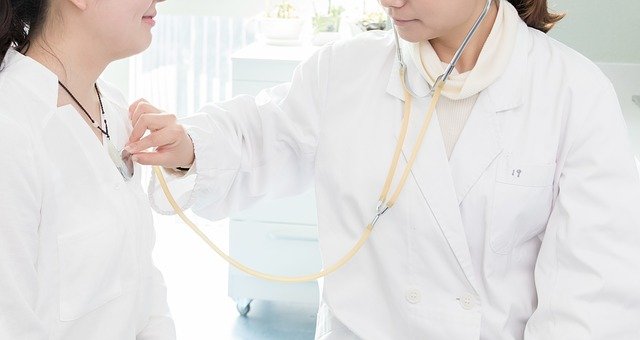

Have you ever heard the terms “soft skills” or “hard skills”? No? Then this article is for you!
Soft skills are competences that are related to emotional intelligence, they are skills intrinsic to each individual, subjective and difficult to measure, but they are extremely important nowadays, particularly in an increasingly demanding job market.
Hard skills are the technical skills and specific knowledge needed to perform a particular task or function. They are acquired during academic studies, internships, training or through professional experience. These skills are easily defined and quantifiable.
Although technical knowledge (hard skills) is very important, most employers look for soft skills in all candidates or employees, therefore, soft skills are differentiating skills in the labor market, including in the healthcare area.
In January, a survey was published on Linkedin on “The Most In-Demand Hard and Soft Skills of 2020”, and the 5 most desired personal skills in the market were:
In this article I will focus on two of these skills that I consider essential for anyone working in the healthcare area.
Empathy
Empathy is the ability to put yourself in another person's "shoes", it involves understanding other people's emotions and attitudes. It is having a genuine interest in listening to the other without judgment and without being absorbed by them. Research shows that when we are more empathetic with our patients, they feel understood and are more likely to listen and respond positively to treatment. In order to establish a trusting relationship between health professional and patient, another skill is also essential, the ability to communicate assertively.
Collaboration
Collaboration is about bringing people together for a common goal. It requires much more than the ability to work well together, it also requires empathy, communication and listening skills, contributing to each other's work and overcoming obstacles. When there is an exchange of information and knowledge, we contribute to the whole and, therefore, increase productivity and efficiency, which ultimately benefits everyone, including patients.
How to develop your soft skills?
Reflecting and seeking self-knowledge is the first step for those seeking to improve their soft skills. One way to evaluate how well developed your personal skills are is to listen to feedback from people you live or work with. But the best way to develop your soft skills is to practice! Identify the skills you want to improve and put yourself in the context where you can practice and improve them.
Knowing yourself, being clear about your goals, knowing why you do what you do, will give you a better understanding of what you can do to improve your skills and do your job successfully.
I hope this article has been helpful to you!

First of all check out our FAQs section, it might just have what you need.